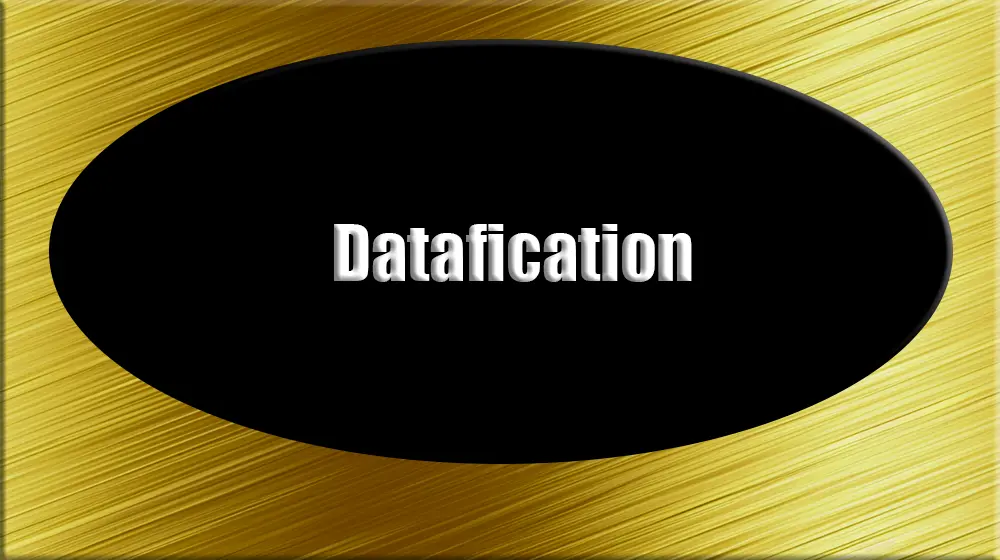In the modern digital age, the concept of datafication has emerged as a significant force shaping various facets of society. Datafication refers to the process of transforming social actions, behaviors, and interactions into quantified data, which can then be analyzed and used for various purposes. This phenomenon has revolutionized industries, influenced decision-making processes, and altered the way individuals interact with the world.
At its core, datafication involves converting qualitative aspects of life into measurable units. For example, social media platforms datafy personal interactions by recording likes, shares, and comments, creating a vast repository of information about users\’ preferences and behaviors. Similarly, wearable devices datafy physical activities, tracking steps, heart rates, and sleep patterns, providing insights into personal health and fitness.
The implications of datafication are profound. In the business realm, companies leverage data to enhance customer experiences, optimize operations, and drive innovation. By analyzing consumer data, businesses can tailor their products and services to meet specific needs, thereby gaining a competitive edge. In healthcare, datafication enables precision medicine, where treatments are customized based on individual genetic information and lifestyle data, leading to better patient outcomes.
However, the pervasive nature of datafication also raises ethical and privacy concerns. The collection and analysis of vast amounts of personal data can lead to issues of surveillance, data breaches, and misuse of information. Individuals\’ behaviors and preferences are continuously monitored, often without their explicit consent, prompting debates about the balance between convenience and privacy.
Despite these challenges, the potential benefits of datafication are undeniable. It has the power to unlock new insights, drive efficiencies, and foster innovation across various sectors. As society continues to embrace digital technologies, the process of datafication will undoubtedly play an increasingly pivotal role in shaping the future.
In conclusion, datafication represents a transformative shift in how information is generated, analyzed, and utilized. It offers numerous opportunities for advancement but also necessitates careful consideration of ethical implications. Understanding and navigating the complexities of datafication will be crucial in harnessing its full potential while safeguarding individual rights and privacy.




